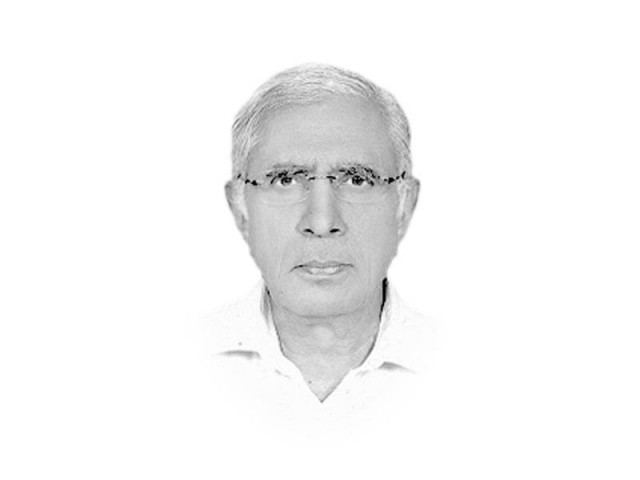‘Insurgent peace-making’
The method centred on lengthy and iterative one-to-one interviews

The writer served as executive editor of The Express Tribune from 2009 to 2014
The long-drawn stalemate is said to be eroding the morale of the two parties in conflict and at the same time both the government party as well as the Taliban are said to be afflicted by divisive forces and a leadership crisis.
A recent British study has found the Taliban movement to be in disarray. The new leader, Haibatullah Akhundzada, is widely viewed as weak and ineffective.
Several factions within the Taliban are said to be vying for power. The Mansour network, which is based in Helmand and claims to be backed by Iran and Russia, is said to have risen to become the most dynamic group within the Taliban.
The levels of morale within the Taliban are said to vary. The boost to morale from the 2016 battlefield successes was reportedly dampened by the high cost at which they were gained, as well as the alienation of many Taliban from their leadership and the sense that many had no stake in those gains.
The expulsion of Afghan refugees from Pakistan is said to be putting added pressure on the Taliban.
According to the study, there is growing disaffection within the Taliban about the armed campaign. Many are said to feel that the war has lost direction and purpose, and is corrupting the movement.
A new approach to peace talks is needed, the study concludes. This would harness and mobilise the large numbers of disaffected Taliban, in order to get around the leadership’s stonewalling. These developments within the Taliban are said to present an opportunity for ‘insurgent peacemaking’.
The collapse of leadership authority under Haibatullah, the resurgence of factionalism and the rise of the Mansour network, as well as the powerlessness of the Taliban leadership to stop Pakistan from expelling Afghan refugees, have expanded the political space available to pro-peace insurgent Taliban.
However, according to the study Ready for Peace? The Afghan Taliban after a Decade of War by Theo Farrell and Michael Semple, none of this is to suggest that insurgent peace-makers would accept an Afghan government, which most Taliban abhor.
Rather, insurgent peace-making is based on the idea of autonomy from both government and anti-government war-makers, and on disillusioned Taliban extricating themselves from unproductive violence, without accepting the status quo.
Little is said to be inevitable about the trajectory of Taliban politics. For senior Taliban dissidents to make an effective contribution to reducing violence they will need to maintain the respect and support of their comrade networks.
The Afghan government response could make this more likely by subtly engaging with them as serious political actors and allowing them to portray themselves as upright mujahideen, or it could make it less likely by treating them as mere defectors who have submitted.
The emergence of Taliban dissent is also said to pose a challenge for the Pakistani authorities. This suggests that if there is progress towards insurgent peace-making it will be as an outcome of the Taliban’s own internal political dynamic rather than in response to Pakistani encouragement.
In 2016, the authors of this study held discussions with seven Taliban figures representing different constituencies within the movement. The context for these discussions was the failure of existing mechanisms to deliver negotiations, and reports that the new Taliban emir had failed to exert his authority.
Multiple interviewees stated the doctrine of obedience to the emir is observed less and that the governance structure is breaking down.
The purpose was to explore the new Taliban leadership landscape and, within this, the potential for restarting peace talks. The discussions were held over 10 days in a location outside the immediate region. The method centred on lengthy and iterative one-to-one interviews.
Published in The Express Tribune, September 2nd, 2017.
Like Opinion & Editorial on Facebook, follow @ETOpEd on Twitter to receive all updates on all our daily pieces.













COMMENTS
Comments are moderated and generally will be posted if they are on-topic and not abusive.
For more information, please see our Comments FAQ